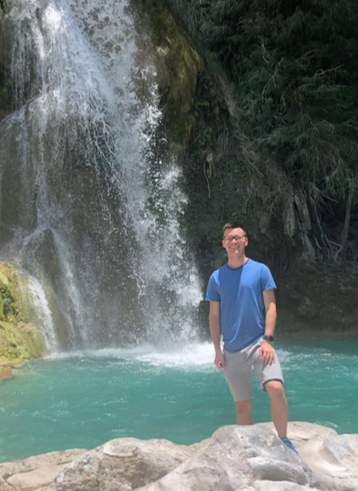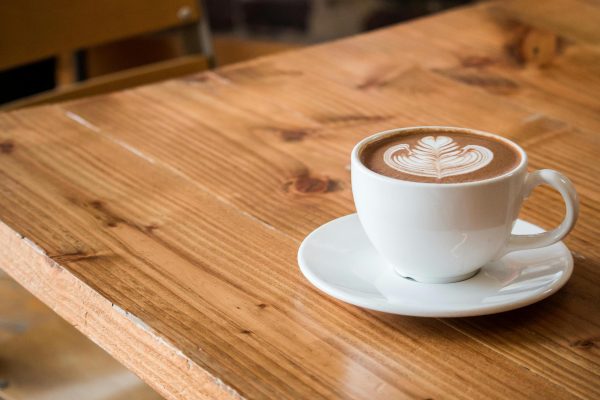Pollution in Puebla
Right now I am in a bookstore hiding from the pouring rain. There’s a book presentation underway. I hear the author paraphrase Heidegger: “Love is like water.”
Living in Puebla, I constantly think about water. Last night, around two, I discovered my bathroom sink had been dripping for hours while I slept. In the morning, I watched the water as it fell from the shower. I reminded myself to seal my mouth shut.
You cannot drink the tap water in Puebla. Our mothers tell us this before we leave; our host mothers tell us upon arrival. Our professors mention it on the first day of class, like it’s a line in their syllabus. Water from the tap is only for bathing and gardening.
We have to buy purified water to brush our teeth, clean our plates, wash our fruit, and to drink. For the first time in my life, I must be conscious of my consumption of water. I do not mind doing this, of course, but I am surprised that I have to.
In his article “Potable Water and Sanitation in Tenochtitlan: Aztec Culture,” J.E. Becerril points out Mesoamerica’s ancient aptitude for plumbing, irrigation, water supply, and purification.
The historian writes, “While London still drew its drinking water from the polluted Thames River as late as 1854, the Aztecs brought potable water to Tenochtitlán from springs on the mainland by means of the aqueduct built by Nezahualcoyotl between 1466 and 1478.”
Upon reading this, I cannot believe that now, in 2018 my host family must buy two plastic barrels of filtered water every week.
I wonder: when Hernan Cortez took control of the aqueduct, effectively dehydrating the indigenous people into surrender, was he destroying a more technologically advanced civilization?
Perhaps infrastructure is humanity’s way to clean up after itself, and Puebla produces pollutants faster than it can process. It wouldn’t be the only American city with this problem.
Joplin, for example, has trouble filtering pollutants left from decades of mining.
Aqua que no has de beber, déjala correr translates literally as “water you don’t have to drink, let run.” Its connotative meaning is: don’t get involved in a problem that’s not yours.
Maybe Mexico’s water supply isn’t my problem. I can afford to buy bottled. Or, maybe it’s not even a problem. Less infrastructure can lead to fewer wasteful practices.
I splash bottled water onto my toothbrush here; at home I run it under the sink. I have to put used toilet paper in the trash because Mexican plumbing is weaker; yet this system uses significantly less water.
A few weeks ago the exchange students visited Las Cascadas de San Agustín. We hiked eight miles away from what we considered to be civilization.
There was no plumbing in the restrooms (which we paid the subsistence farmers five pesos to use). There were no water fountains to fill our bottles.
We walked all the way up, against the flowing river, carrying anything we wanted to drink.
The effort and cognizance was worth it when we arrived at the falls. Diving into that cold, blue, pure, mountain water, no one was scared to accidently take a sip. That wasn’t our problem. There wasn’t a problem at all.
Your donation will support the student journalists of Missouri Southern State University. Your contribution will allow us to purchase equipment and cover our annual website hosting costs.























